Enfortumab Vedotin drug aliquots can be used for in vitro or in vivo experiments. Several other reference drugs are also available.
The drug aliquots are generated by aliquoting (dividing and repackaging) the EU-licensed biosimilar drug.
Enfortumab Vedotin drug aliquots can be used for in vitro or in vivo experiments. Several other reference drugs are also available.
The drug aliquots are generated by aliquoting (dividing and repackaging) the EU-licensed biosimilar drug.

Find and order your therapeutic molecules through smart filters

Up to 10 batches of original drugs for examining batch-to-batch variations

Up to 80% less compared to the original pharmaceutical price

Shipment within days worldwide according to GDP-standards

Up to 80% less compared to the original pharmaceutical price
| Drug name | Padcev® |
| INN | Enfortumab Vedotin |
| API type | ADC |
| Pharmacotherapeutic group | Antineoplastic agents, other antineoplastic agents |
| ATC code | L01FX13 |
| Target of antibody | Nectin-4 |
| General function | |
| Short description | Enfortumab Vedotin is comprised of a fully human IgG1 kappa antibody, conjugated to the microtubule-disrupting agent monomethyl auristatin E (MMAE) via a protease-cleavable maleimidocaproyl valine-citrulline linker. |
| Pharmacodynamic properties (Mechanism of action; Source EMA document) | Enfortumab Vedotin is an antibody drug conjugate (ADC) targeting Nectin-4, an adhesion protein located on the surface of the urothelial cancer cells. It is comprised of a fully human IgG1-kappa antibody conjugated to the microtubule-disrupting agent MMAE via a protease-cleavable maleimidocaproyl valine-citrulline linker. Nonclinical data suggest that the anticancer activity of Enfortumab Vedotin is due to the binding of the ADC to Nectin-4-expressing cells, followed by internalisation of the ADC-Nectin-4 complex, and the release of MMAE via proteolytic cleavage. Release of MMAE disrupts the microtubule network within the cell, subsequently inducing cell cycle arrest and apoptotic cell death. MMAE released from Enfortumab Vedotin targeted cells can diffuse into nearby Nectin-4 low expressing cells resulting in cytotoxic cell death. |
| Pharmacodynamic properties (Pharmacodynamic effects; Source EMA document) | Concomitant use of Enfortumab Vedotin with ketoconazole (a combined P-gp and strong CYP3A inhibitor) is predicted to increase unconjugated MMAE Cmax and AUC exposure to a minor extent, with no change in ADC exposure. Concomitant use of Enfortumab Vedotin with rifampin (a combined P-gp and strong CYP3A inducer) is predicted to decrease unconjugated MMAE Cmax and AUC exposure with moderate effect, with no change in ADC exposure. The full impact of rifampin on the Cmax of MMAE may be underestimated in the PBPK model. Concomitant use of Enfortumab Vedotin is predicted not to affect exposure to midazolam (a sensitive CYP3A substrate). In vitro studies using human liver, microsomes indicate that MMAE inhibits CYP3A4/5 but not other CYP450 isoforms. MMAE did not induce major CYP450 enzymes in human hepatocytes. |
| Original license holder | Astellas Pharma Europe B.V. Sylviusweg 62 2333 BE Leiden The Netherlands |
| Marketing authorisation numbers | EU/1/21/1615/002 |
| Marketing authorisation holder | Astellas Pharma Europe B.V. Sylviusweg 62 2333 BE Leiden The Netherlands |
| Name of the manufacturer of the biological active substance | Lonza AG Lonzastrasse Visp, 3930 Switzerland |
| Name and address of the manufacturer(s) responsible for batch release | Astellas Ireland Co. Limited, Killorglin, Co. Kerry V93 FC86 Ireland |
| Max shelf life | 3 years |
| Storage conditions | 2°C – 8°C |
| List of excipients | Histidine Histidine hydrochloride monohydrate Trehalose dihydrate Polysorbate 20 |
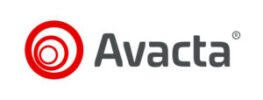

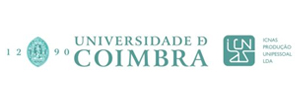
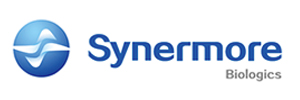

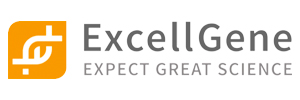

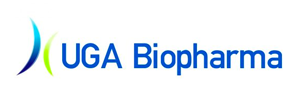
Evidentic offers multiple batches of original drug aliquots in low binding Eppendorf tubes for research use only. We provide licence-free drug aliquots with long, short or even “negative shelf life” by storing the products at recommended temperatures (either 2-8°C or -80°C) and ensuring fully functional molecules for research purposes.
Evidentic GmbH
Martin-Buber-Str. 10
14163 Berlin